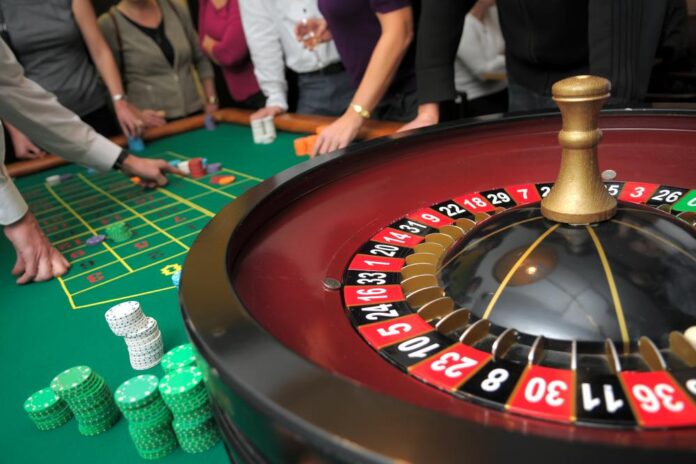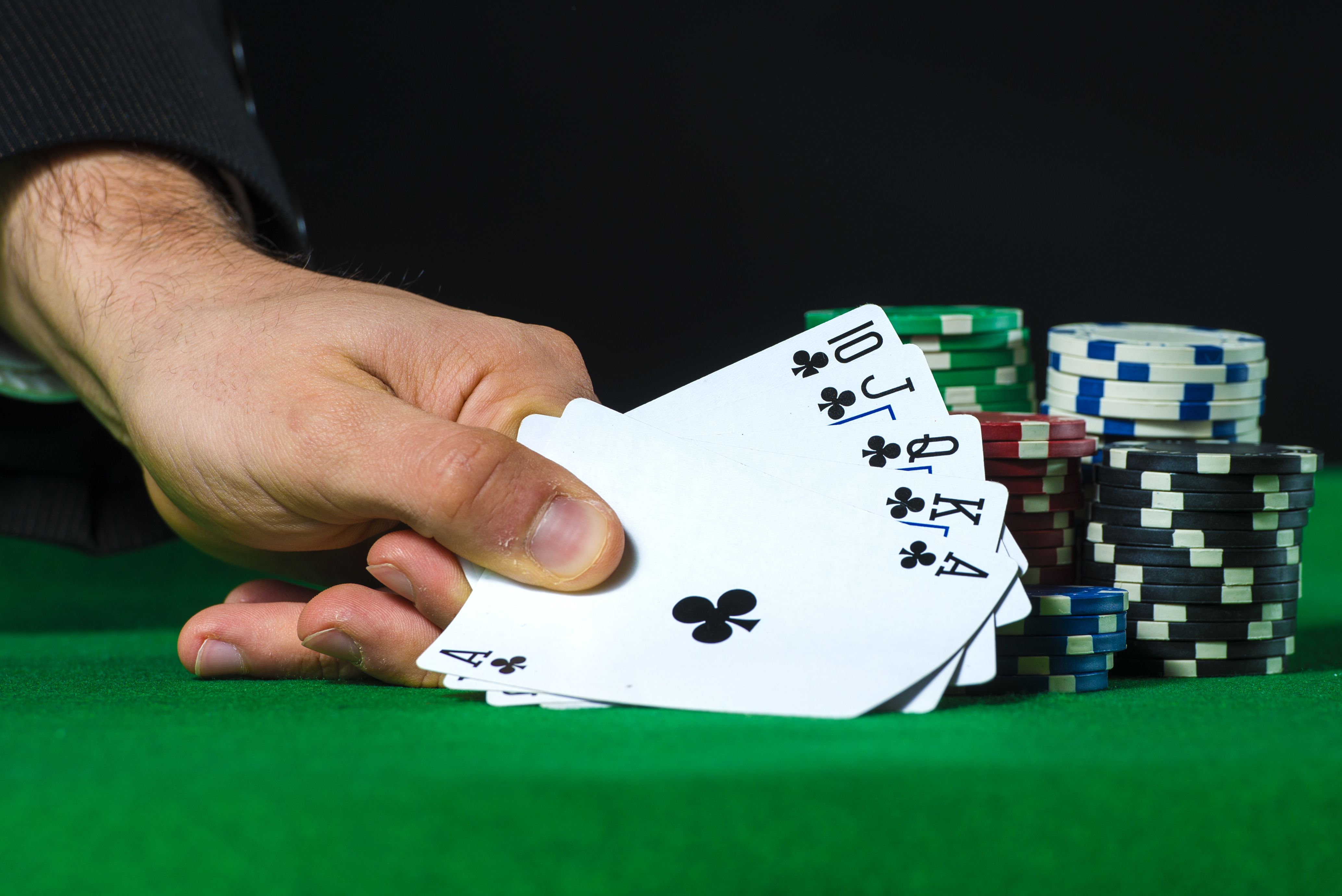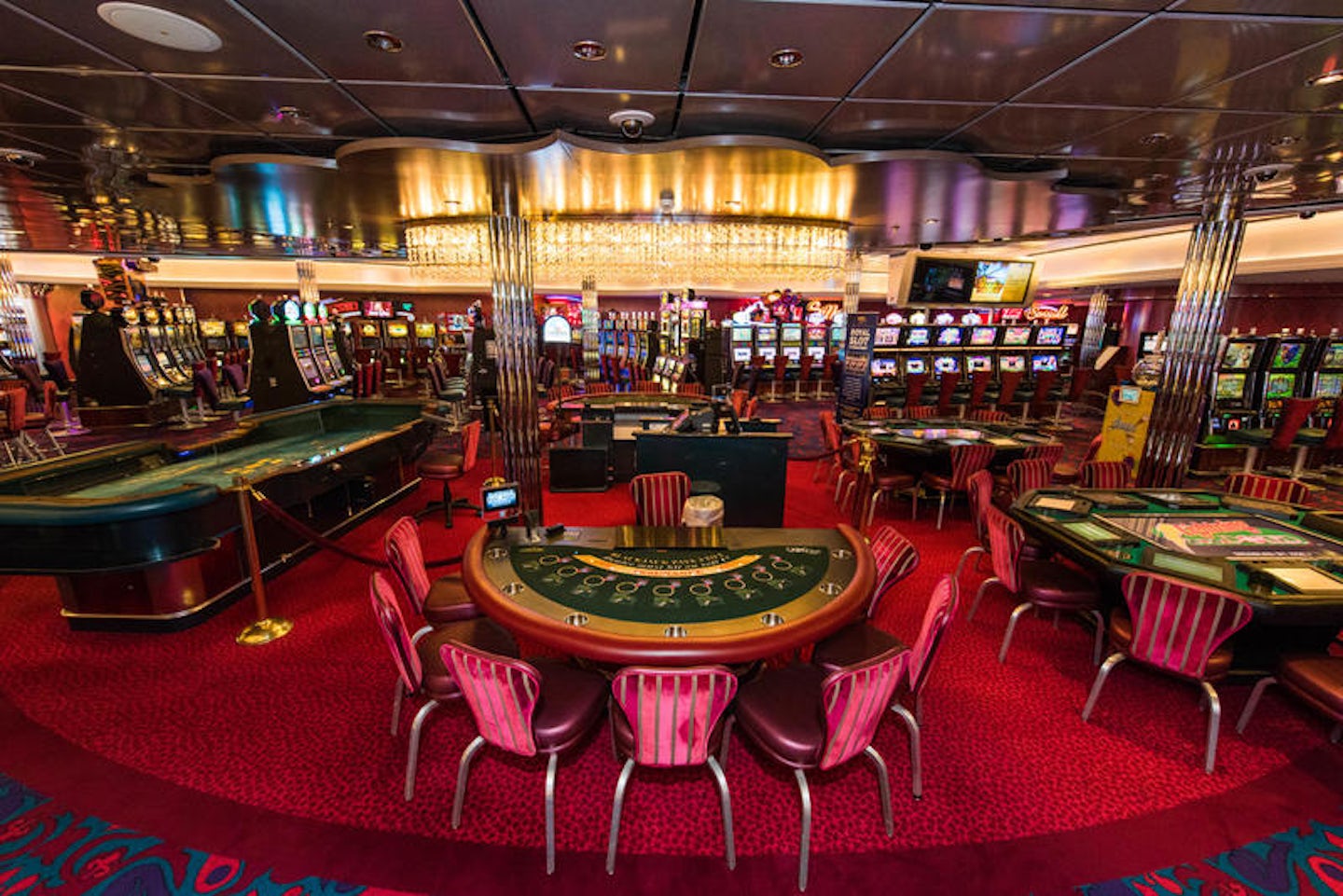Introduction
Is Roulette Beatable: Advocates of beating roulette often delve into complex mathematical calculations, analyzing patterns, and studying historical data in search of patterns or biases. Others emphasize the importance of strategic betting systems, such as the Martingale or Fibonacci, to maximize winning potential.
We will delve into the world roulette strategies, examine the science behind the game, and evaluate the feasibility of overcoming the inherent randomness that defines roulette.
Roulette, a popular casino game enjoyed by millions of players worldwide, has often sparked the question of whether it is beatable. With its iconic spinning wheel and unpredictable outcomes, roulette has an allure that attracts both novice and experienced gamblers. In this article, we will explore the topic of whether roulette is beatable and delve into the factors that contribute to the game’s outcome. While roulette is predominantly a game of chance, some strategies and approaches can potentially enhance a player’s chances of winning. Understanding the mechanics of the game, the various betting options, and the probabilities involved can provide insights into the possibilities of beating roulette. We will discuss different strategies, such as the Martingale system or using statistical analysis, as well as the limitations and risks associated with them.
It is important to note that while certain strategies can increase the likelihood of short-term wins, roulette is ultimately a game of chance with a built-in house edge. The outcome of each spin is determined by random factors, making it impossible to guarantee consistent long-term winnings. By examining the beatability of roulette, players can gain a deeper understanding of the game and approach it with both enjoyment and realistic expectations.

Can you actually beat roulette?
Only 13.5% of gamblers actually wind up winning at the roulette wheel, according to Maverick’s research. Dr. Richard Jarecki, a medical professor at the University of Heidelberg, was one of the 13.5%.
The truth is that, statistically speaking, the odds are stacked against the player in the long run. Roulette is fundamentally a game of chance, where each spin is independent and unpredictable.
While it is true that various strategies and betting systems have been developed and employed by players over the years, the effectiveness of these approaches remains questionable. Some strategies focus on managing bets and bankrolls, while others attempt to exploit patterns or biases in the wheel. However, none of these methods have been proven to consistently overcome the house edge.
The casino industry has meticulously designed roulette to ensure profitability over time. The inclusion of the green “zero” or “double zero” pockets on the wheel gives the house a mathematical advantage that cannot be negated through strategy alone.
Ultimately, the allure of beating roulette lies in the thrill of the chase and the temporary successes some players may experience. While luck and short-term fluctuations can create the illusion of a winning strategy, it is crucial to approach roulette with a realistic understanding of its nature—a game of chance that favors the house.
Why roulette cannot be beaten?
There is no way to beat a random game of roulette because the house either pays back an amount that is not a true worth of the bet or wins more bets. The payouts for the outside even-money bets also show how the casino beats the player.
Roulette, with its spinning wheel and unpredictable outcomes, is a game that cannot be beaten in the long run. Firstly, the game’s design incorporates the presence of green “zero” or “double zero” pockets, which tilt the odds in favor of the house. This built-in advantage ensures that, over time, the casino will profit.
Secondly, roulette operates on the principles of probability and randomness. Each spin of the wheel is an independent event, unaffected by past outcomes or betting patterns. While players may perceive patterns or biases, these are often the result of statistical noise rather than predictable trends.
Moreover, numerous strategies and betting systems have been devised and tested, but none have proven to consistently overcome the house edge. While strategies like the Martingale or Fibonacci may produce short-term wins, they are not foolproof and can lead to substantial losses.
The mathematical framework and design of roulette make it unbeatable in the long run. While luck and occasional successes can create the illusion of a winning strategy, it is crucial to recognize that roulette ultimately operates on chance and probabilities that favor the casino.
Has anyone won big in roulette?
Ashley Revell: Roulette
By the end of selling it all, Revell had nothing but $135,300 to his name. At the Plaza Hotel and Casino in Las Vegas, he decided to place his entire life’s fortune on red at the roulette table. The wheel spun and the ball landed on 7 Red, earning Revell $270,600.
There have been instances where individuals have won substantial amounts of money playing roulette. The nature of the game allows for both big wins and significant losses. Roulette’s allure lies in the potential for a single bet to result in a sizable payout.
There are numerous stories and anecdotes of players hitting impressive winning streaks or landing on high-paying bets. Some fortunate individuals have won life-changing sums by correctly predicting the winning number or color. These success stories often generate excitement and fuel the belief that beating roulette is possible.
However, it’s crucial to remember that these instances of big wins are exceptions rather than the norm. They are often the result of luck, rather than any particular strategy or system. For every big winner, there are countless more players who have lost money playing roulette.
While winning big in roulette is undoubtedly possible, it is essential to approach the game with realistic expectations. Understanding the inherent randomness and the statistical advantage held by the house is crucial to maintaining a responsible and enjoyable gambling experience.
What is the safest bet in roulette?
The ‘safest’ bets in roulette are those that give you almost 50% winning chances. These are odds/even, red/black, and high/low. How do you win big money at online roulette? The ‘easiest’ way to win bigger amounts is through single bets, which is betting on a single number on the roulette table.
In roulette, where luck plays a significant role, it is important to note that there is no bet that guarantees consistent wins or eliminates the inherent house edge entirely. However, if we consider the relative odds and probabilities, some bets are generally considered safer than others.
The safest bet in roulette is the “Even-Money” bet, which includes options such as betting on Red/Black, Odd/Even, or High/Low numbers. These bets have a nearly 50% chance of winning, as the wheel contains an equal number of red and black pockets (excluding the green zeros).
By placing even-money bets, players can minimize their risk and extend their playing time. While the payouts for these bets are lower (usually 1:1), they offer a higher likelihood of success compared to bets on specific numbers or groups of numbers.
However, it’s important to remember that even safe bets can still result in losses due to the presence of green zeros. Roulette is ultimately a game of chance, and the outcome of each spin remains unpredictable. Responsible gambling and managing one’s bankroll are key regardless of the bet type chosen.
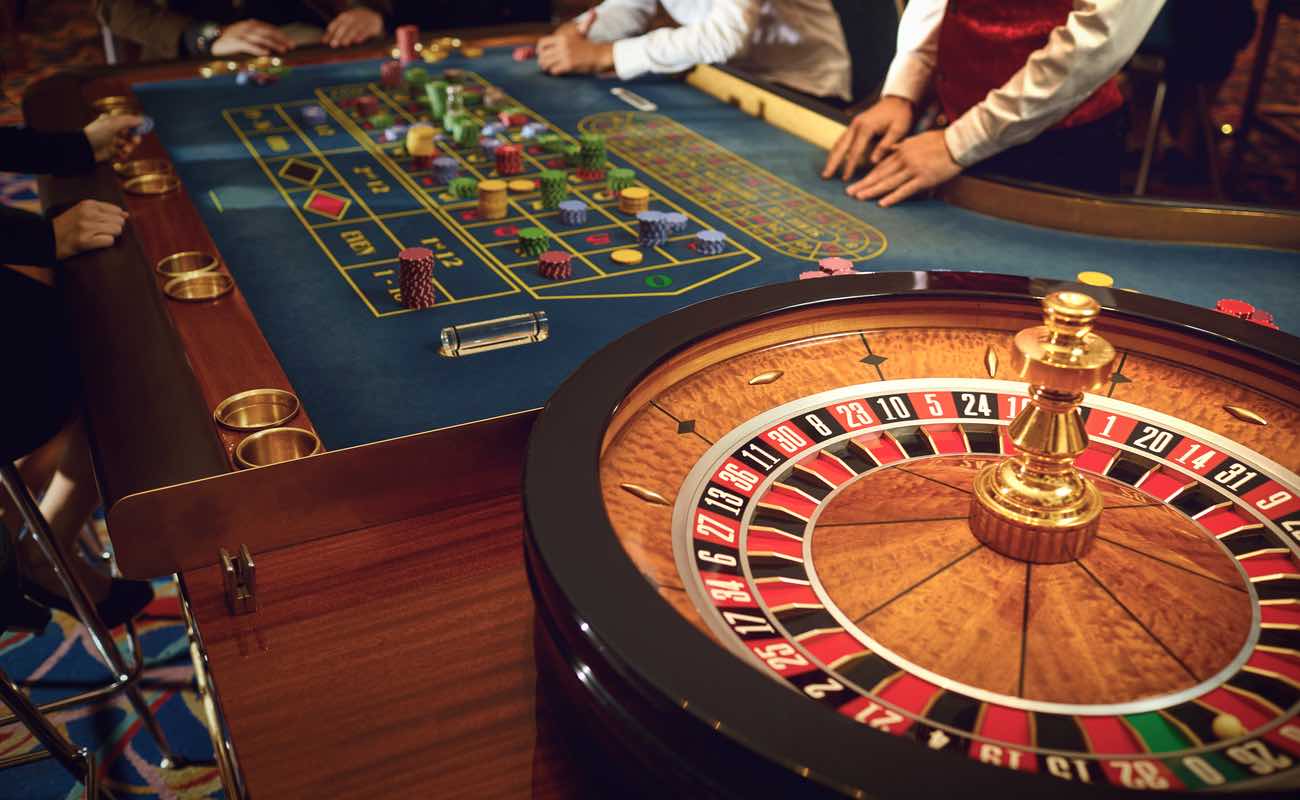
Is there a secret to roulette?
One of the most important tips you could consider when playing roulette as a casino newbie is sticking to the table minimum and focusing on only playing the outside bets. Bet on either black or red for every new spin and you will enjoy a 1:1 payout while covering 18/38 potential combos.
While many players yearn for a secret or hidden strategy to guarantee success in roulette, the truth is that there is no foolproof secret to beating the game. Roulette is fundamentally a game of chance, where each spin of the wheel is independent and unpredictable.
Various strategies and betting systems have been devised and marketed as “secrets” to winning at roulette. However, these strategies often rely on flawed logic or misunderstandings of the game’s mechanics. The casino industry has designed roulette to have a mathematical edge, ensuring its profitability in the long run.
It is important to approach roulette with a realistic understanding that no secret strategy exists. While players may experience short-term wins or employ tactics that seem effective, the randomness of the game ultimately prevails.
Instead of searching for a secret, it is more fruitful to approach roulette as a form of entertainment and to set realistic expectations. Responsible gambling, understanding the odds, and managing one’s bankroll are more crucial factors in enjoying the game responsibly.
Can you win everyday in roulette?
Many people are enticed by the game of Roulette and specifically is it possible to win at roulette everytime. We’ll, the answer is no, but here’s how you can increases your chance of winning: Find a Single Zero (European) Wheel: cuts the house advantage in half.
Winning every day in roulette is highly unlikely, if not virtually impossible. The game’s inherent nature, based on chance and randomness, makes consistent daily wins improbable.
Roulette outcomes are independent of each other, meaning that each spin is not influenced by previous results. This randomness makes it impossible to predict or control the outcome of each spin. While some players may experience winning streaks or have successful sessions, these are typically temporary and subject to the fluctuation of luck.
Moreover, the casino has a built-in advantage in roulette due to the presence of green “zero” or “double zero” pockets on the wheel. This advantage ensures that, over time, the casino will profit. While players can employ strategies or betting systems to manage their wagers and potentially increase their odds of winning, there is no foolproof method to consistently win every day.
Approaching roulette with the expectation of daily wins is unrealistic. It is essential to enjoy the game responsibly, understand the element of chance, and be prepared for both wins and losses as part of the overall gambling experience.
Can roulette be beaten consistently with a winning strategy?
Roulette is a game of chance, and the outcome of each spin is determined by random events. While it is possible to have short-term success and win with certain strategies in roulette, beating the game consistently over the long run is highly unlikely. The main reason for this is the presence of the house edge, which ensures that, on average, the casino will always have an advantage.
The house edge in roulette is typically derived from the presence of the green zero (and sometimes double zero) pockets on the wheel. This gives the casino a mathematical edge over players, as it guarantees that, over time, they will profit from the game. Various strategies and betting systems have been developed and promoted to beat roulette, but none have been proven to be consistently effective in the long run.
While some individuals may have experienced temporary success or won substantial amounts of money through luck or short-term strategies, these cases should be viewed as exceptions rather than the norm. It is essential to understand that roulette is designed to be a game of chance, and the outcome of each spin is independent of previous spins.
How does the house edge in roulette affect the possibility of beating the game?
The house edge in roulette plays a crucial role in determining the possibility of beating the game. It is the advantage that the casino holds over players and is a result of the presence of the green zero (and sometimes double zero) pockets on the roulette wheel. The presence of these additional pockets gives the casino a higher probability of winning compared to the players.
The house edge varies depending on the type of roulette being played. In European roulette, which has a single zero pocket, the house edge is approximately 2.7%. In American roulette, which has both a single zero and a double zero pocket, the house edge increases to around 5.26%. This means that, on average, for every $100 wagered, the casino can expect to profit $2.70 and $5.26 in European and American roulette, respectively.
The house edge affects the possibility of beating the game because it ensures that, over time, the casino will always have the statistical advantage. No matter the betting strategy or system employed, the house edge remains constant, making it challenging for players to consistently overcome the odds and win in the long run. While luck and short-term success are possible, the house edge ultimately tilts the odds in favor of the casino, making it difficult to beat the game consistently.
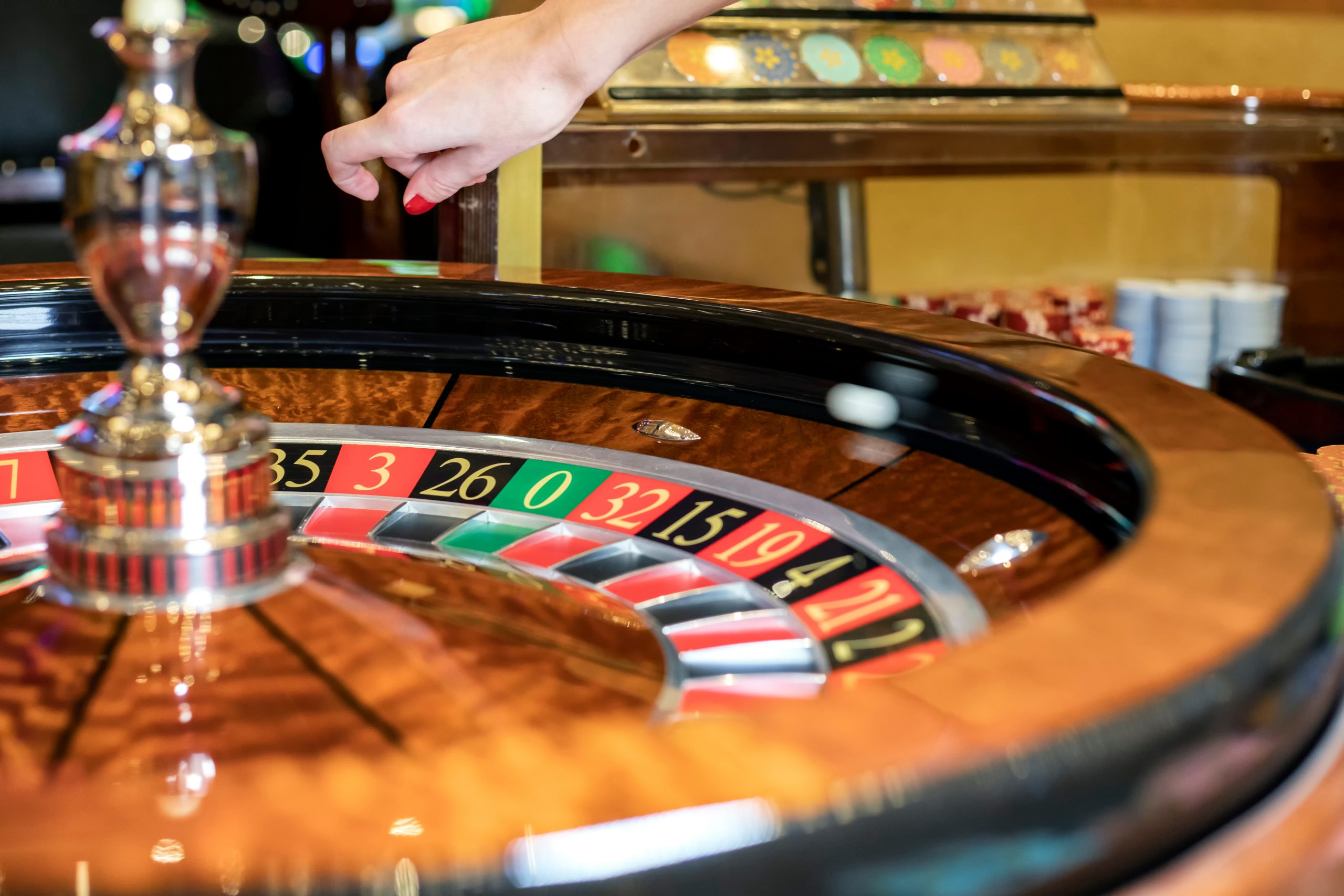
Conclusion
After delving into the intricacies of roulette, examining various strategies, and exploring the underlying mathematics, Roulette, as it is traditionally played, is not inherently beatable in the long run.
While players may experience short-term success or employ tactics that appear to tip the odds in their favor, the fundamental nature of the game’s design ensures that the house will always maintain a statistical edge. The randomness of the wheel’s spin and the independence of each outcome make it challenging to consistently predict or influence the results.
Many individuals relish the thrill of placing bets, embracing the uncertainty and unpredictability that accompanies each spin. Roulette remains a popular game, providing entertainment and an adrenaline rush for countless players worldwide.
Ultimately, the quest to beat roulette serves as a testament to the human desire to conquer chance and master the uncertain. While the odds may not be in our favor, the allure of the game’s mystique and the possibility of that one elusive winning streak continue to fascinate and captivate gamblers, ensuring that roulette will endure as a timeless symbol of both luck and the inherent unpredictability of life itself.


